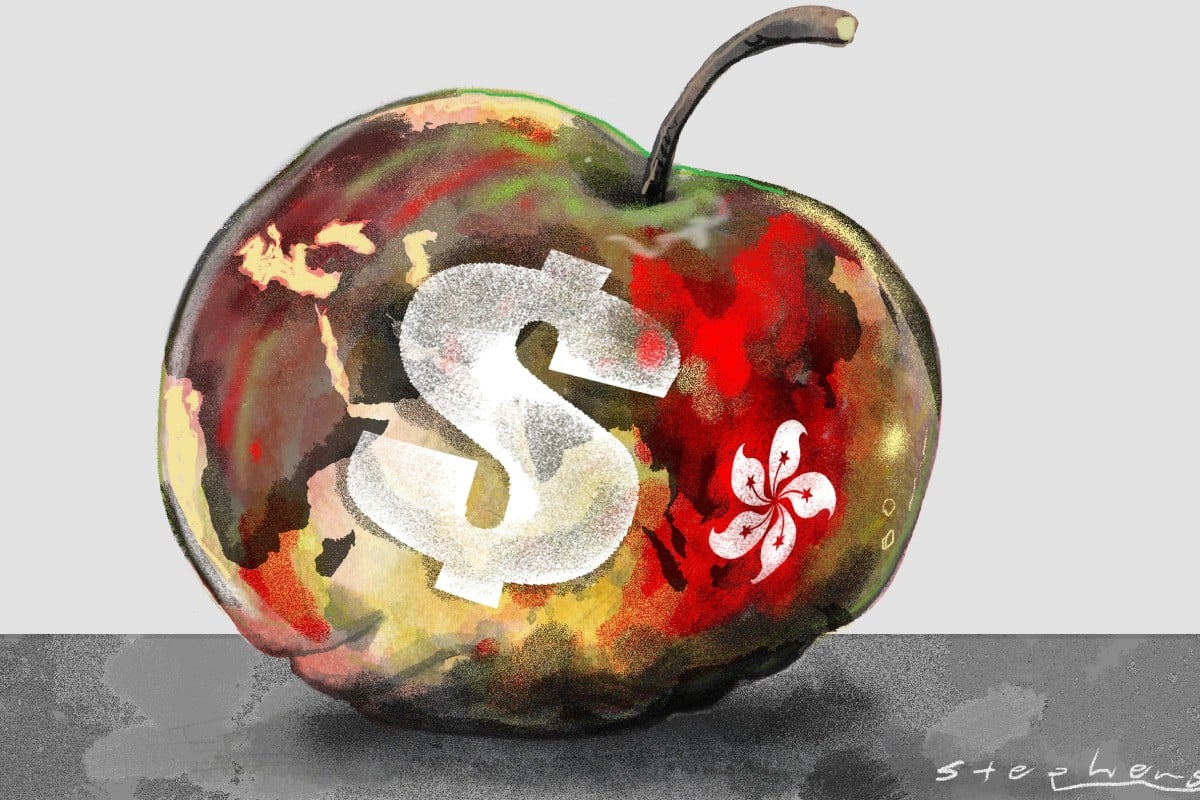BY SHASHI THAROOR
In 1930, a book emerged by the young American historian and philosopher Will Durant that occasioned apoplectic outrage in British colonial India. The Case for India was a brief but savage indictment of the British Raj, written in indignant passion with the forensic precision of the historian and the moral empathy of the philosopher. Durant had interrupted a research visit to India, part of a worldwide journey that would result in the 11-volume The Story of Civilisation (1935-75), to record what he saw and read of Britain’s “conscious and deliberate bleeding of India”. So shocked was he by “the invasion and destruction of a high civilization by a trading Company [the British East India Company] utterly without scruple or principle”, that he set aside his research into the ancient past to produce a philippic about the present, depicting in wounding terms this “greatest crime in all history”.
Durant’s portrait of a corporation running amok, “overrunning with fire and sword a country temporarily disordered and helpless, bribing and murdering, annexing and stealing”, profoundly shocked its readers in 1930. The plunder of India marked the beginning of the destruction of a thriving and prosperous civilisation, and its supplanting, eventually, by the rise to global dominance of imperial Britain.














/arc-anglerfish-arc2-prod-mco.s3.amazonaws.com/public/QTKFMQST3BHXFC5BVKDUXGZJJI.jpg)
/arc-anglerfish-arc2-prod-mco.s3.amazonaws.com/public/62Y3T5JS4FCFXKQIZFDNKTSLUA.net635930348539146966)


